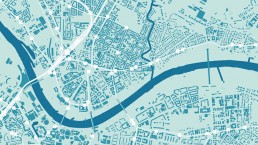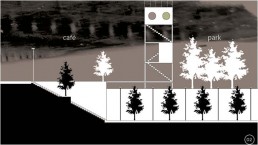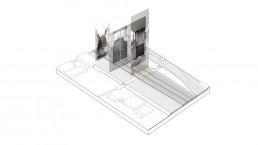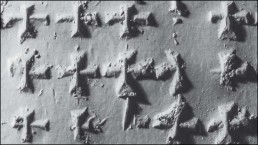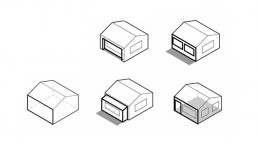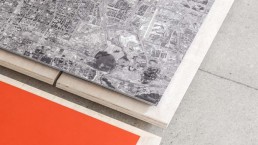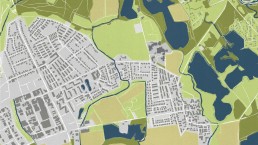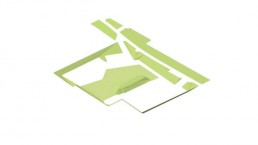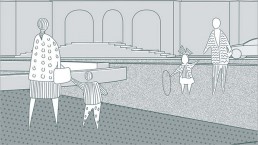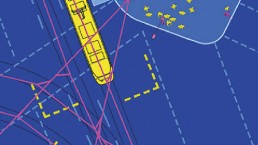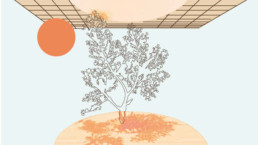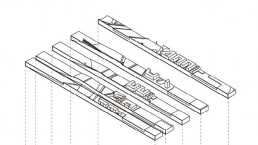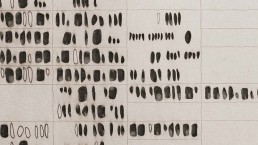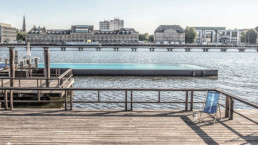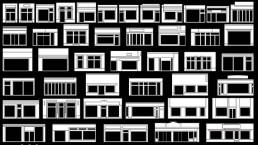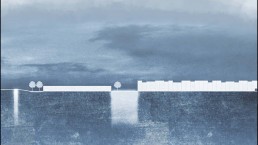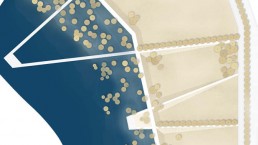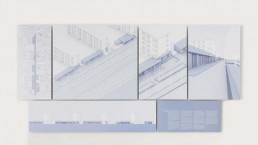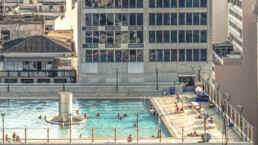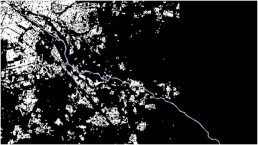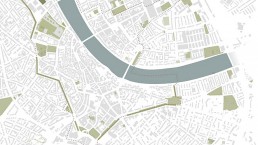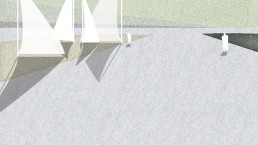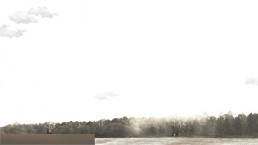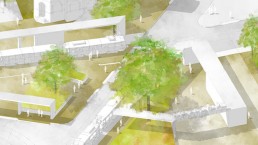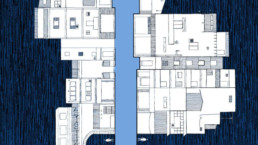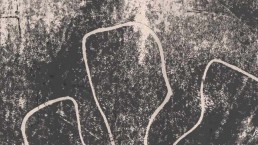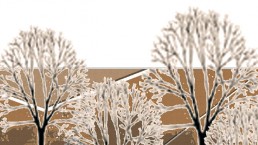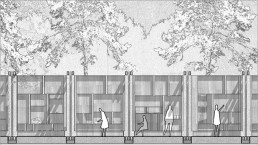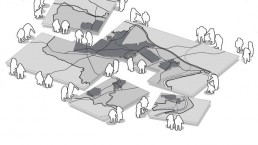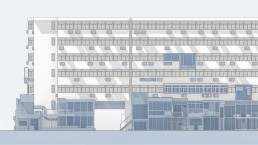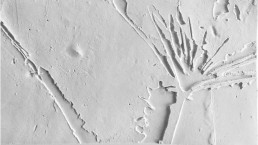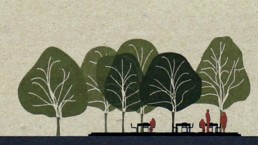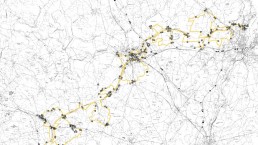SPACE FOR REFUGEES
MASTER THESIS
WS 14/15
The social debate on the issues of political treatment and the system of accommodation of refugees presents a highly discussed topic since the beginning of the year 2014. Many reports in the media mention different aspects of the challenge. However, many statements point to the same helplessness and uncertainness that currently occurs in terms of dealing with increasing numbers of refugees and the following lack of accommodations.
While politicians, administrative bodies and commitments call attention to solve problems affecting new properties, utilities and social support, this thesis attempts to find strategies in the open space, based on the discussion of the availability of space and the integration of the accommodations in the urban context. Strategies will be developed that may offer approaches, not only for the refugees themselves, but rather bringing residents and displaced persons together to mitigate existing conflicts and promoting respectful community coexistences. The question about the relevance of open space achieving a successful establishment of refugee housing in urban quarters requires a basic research.
As a first step, the political-and legal framework will give an overview about how the precepts affects the living conditions of asylum seekers and tolerated persons in a social and physically way. Followed by an empirical social research, the use of guided interviews with experts and the aid of symbol-based mental-maps will help to understand how refugees uses the open space and how their daily life influences their radius of activity.
A spatial analysis on the scales of the quarter and the surrounding of the building will filter out various outside facilities and housing typologies. Furthermore, with the regard to the generic issue and the influence of the previous analysis, spatial potentials and deficits will be defined and compared to the radius of activity. The summary of the findings will lead to location independent strategies and tools, which includes participatory and structural approaches besides temporary and spatial planning tools. Finally these approaches are differentiated in a site-specific concept and specified in sample projects.
The developed strategies will generate first impulses while focusing on different scales. They understand the space as a platform for social interaction, but also provide privacy and a shelter for retreat and observation. As a consequence the measures should affect the visibility of the accommodation within a district, so that will lead to a broader acceptance by local residents. The thesis offers from a landscape architectural point of view, a specific approximation to a most political and social backgrounded dominated topic. Based on the conclusions obtained in this work, new research questions about specific design assignments for the surrounding areas of accommodations might be occur.
| Author/s | Jessica Uhrig |
| Phase | Thesis |
| Location | Hannover |
| Categories | Thesis |
